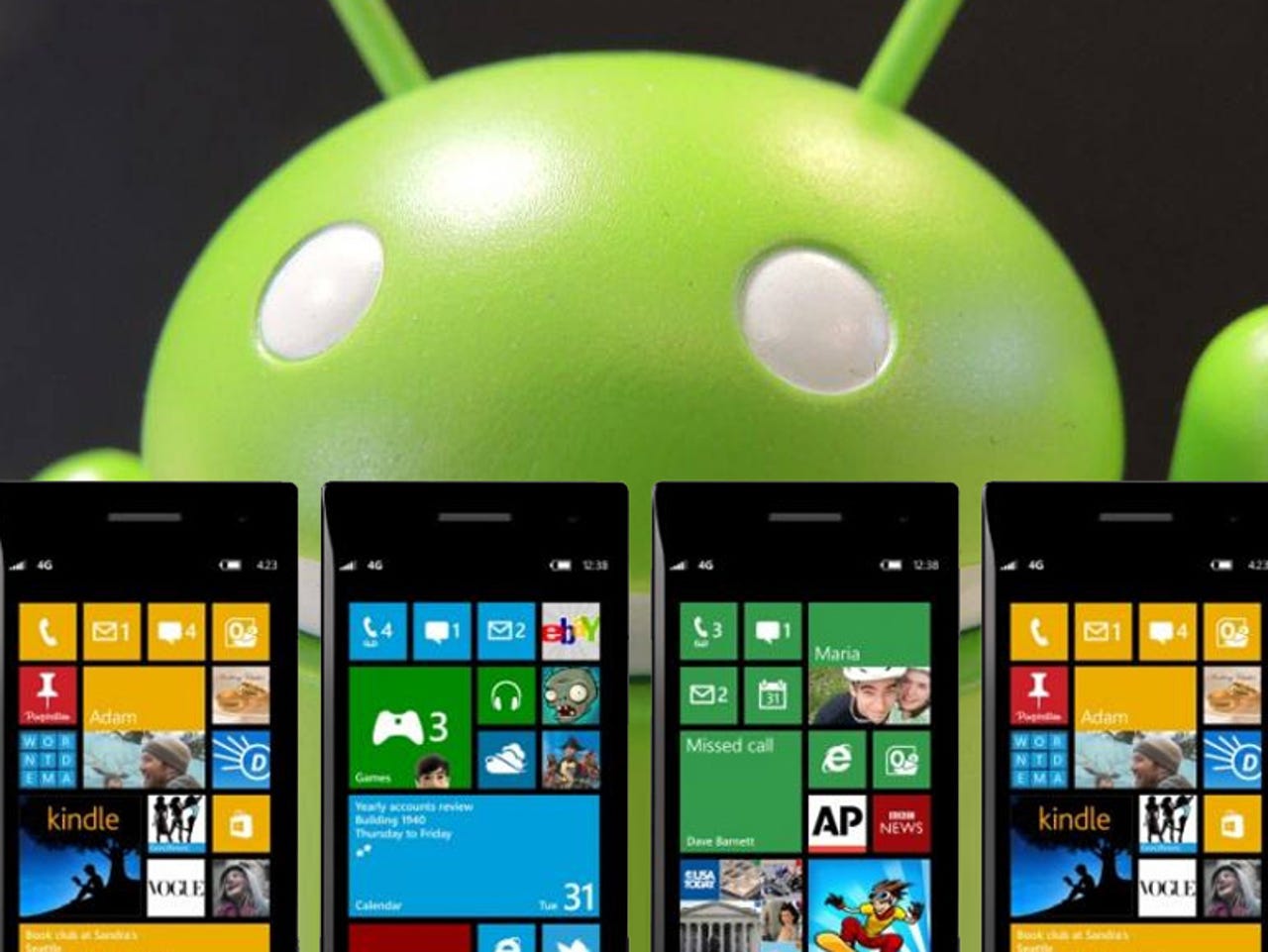Android sales surge - at the expense of Windows Phone and iOS

Android is growing again the expense of its smartphone rivals.
Android has continued to grow at the expense of rival smartphone operating systems iOS and Windows Phone.
Data from Kantar Worldpanel ComTech for the three months ending March 2016 has Android continuing to grow sales across the US and China, as well as UK, Germany, France, Italy, and Spain.
See also
In the US, Android market share grew 7.3 percentage points to 65.5 percent, while iOS market share declined from 36.5 percent to 31.6 percent, and Windows Phone dropped from 4.3 to 2.7 percent. In China, Android sales jumped to 77.7 percent; iOS dropped from 26.1 to 21.1 percent.
Across the five European countries surveyed, iOS market share also declined from 20.2 percent to 18.9 percent in the three month period, and Windows Phone dropped from 9.9 percent to just 4.9 percent of smartphone sales in the region.
The researchers said in Europe 6.6 percent of new Android customers came from Windows, compared to 3.3 percent who were switching from iOS. Among new iOS buyers, 2.6 percent migrated from Windows.
"For those switching from Windows, Android has offered a better user experience, with a variety of brands and models across a multitude of price points," said Dominic Sunnebo, business unit director for Kantar Worldpanel ComTech Europe.
In Italy and France -- the strongest Windows Phone markets for a time -- Windows market share dropped by 10 percent in the three months ending March 2016, with former Windows Phone fans opting for brands like Huawei, Wiko, and Asus. These manufacturers won over buyers with "mid-range devices that represent good value for the money," the analyst said. In contrast in the UK, Android growth was still dominated by Samsung and was primarily driven by mid-range devices like the J5 and A5.
Photos: Android through the ages
Android's gains in the US came from increased sales of hardware from Samsung, Motorola, and LG.
However, there are still plenty of twists and turns left in the smartphone market, especially if declines in iPhone sales prompt Apple to start going after customers who would otherwise buy a mid-to-high end Android handset.
Lauren Guenveur, mobile analyst for Kantar Worldpanel ComTech, noted that Android share could still be hit by high demand for the Apple iPhone SE.
"iPhone SE sales will be particularly important in China, where success in the mid-tier will determine the top player in the region. These factors should play out further in the next quarter," she noted.
